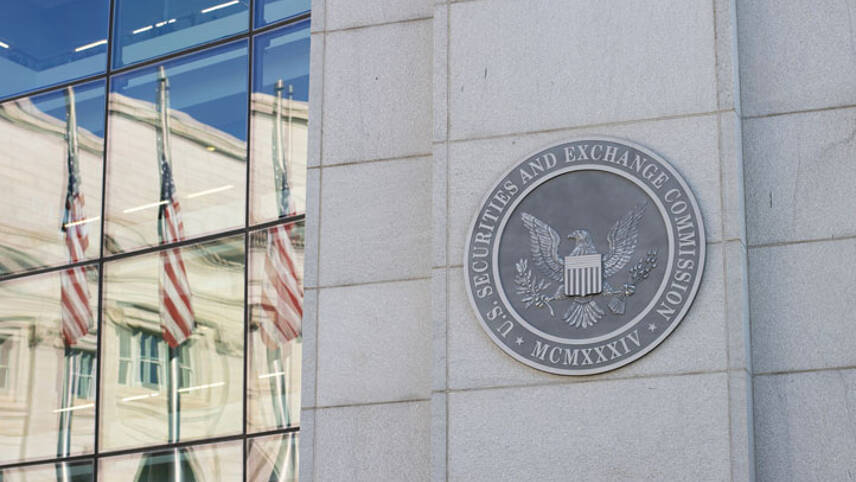Register for free and continue reading
Join our growing army of changemakers and get unlimited access to our premium content

The mandate has been under consideration for almost two years, with the final version approved late on Wednesday (6 March). It will initially apply to only large listed entities that already post filings through the SEC, of which there are around 10,000.
The mandate will require companies to report on the climate-related risks facing their operations and value chains by financial year 2025.
Reporting does not have to be aligned with the Taskforce on Climate-related Financial Disclosures (TCFD) recommendations, as is necessary in the UK. There is no hard and fast requirement for companies to conduct scenario analysis, which entails projecting risks in a range of differing global heating scenarios.
All filings on emissions and climate risks have to be made publicly with the SEC rather than through individual corporate websites. SEC chair Gary Gensler said this should boost reliability.
Scope 3 loophole?
The mandate also covers disclosures on companies’ Scope 1 (direct) and Scope 2 (power-related) emissions, which will need to be included in annual reports by 2026 at the latest.
A requirement for disclosing Scope 3 (indirect) emissions was removed at the last minute, in a watering down of the directive advocated for by Republican lawmakers.
This has disappointed many environmental advocacy groups including ShareAction.
Nonetheless, some sustainability professionals have highlighted that US businesses already need to produce Scope 3 emissions disclosures if they are trading in California and/or the EU, and should be attuned to the US’s potential support for new global disclosure standards from the International Sustainability Standards Board (ISSB).
“Companies shouldn’t be lulled into a false sense of security,” said Sustain.Life’s chief sustainability officer Alyssa Rade.
“Existing regulations in California and the EU and resulting pressure from investors and consumers make the SEC’s decision to exclude Scope 3 from their emissions mandate an irrelevant caveat for most global corporations.
“We’re already witnessing a mad scramble for disclosure data. Companies of all sizes – irrespective of their geographic location – need to understand that climate disclosures will be the norm within the next decade.”
The ISSB released its first two standards last summer and several countries have pledged to either mandate aligned disclosures or ensure interoperability between these standards and their own, existing frameworks.
Both of these standards have a focus on climate impacts and risks. The Board is set to announce its next thematic focus areas by the end of summer 2024.


Please login or Register to leave a comment.